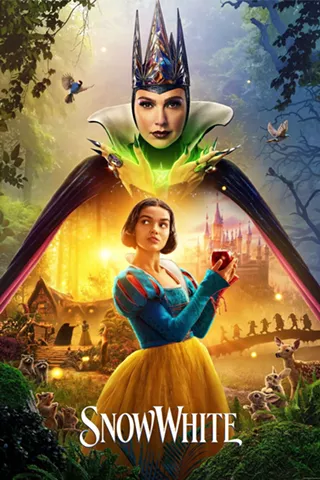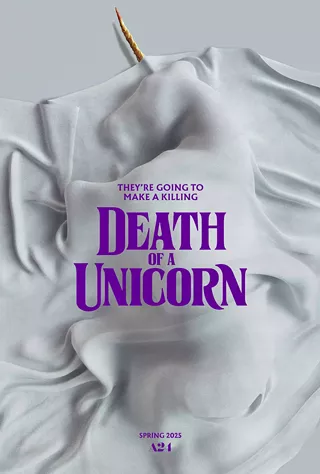Secondly, he's got all those Oscars® and Cesars and Golden Globes® on the mantelpiece of his villa (I'm just assuming he has a villa and mantelpiece, what with his being European and all) so, you know, if you needed statuary proof of his greatness, there it is.
Of course, he got most of those awards for The Last Emperor, a visually stunning film that was simple enough for Americans to understand, and complex enough to make them think they were smart for understanding it. Thus, examining Bertolucci's brow, one would find that it is neither terribly high, nor terribly low. Rather, it would be right in the baby-bear middle, directly where people who live on the land that divides the calm Atlantic from the raging Pacific like their brows.
All of which is fine, of course, because Bertolucci's visual sense and technical skills are so refined that he makes our native masters seem like script kids with web cams. Thus, his latest film, The Dreamers, is, as one would expect, both masterfully executed and a bit of a letdown.
Based on a novel by Gilbert Adair (who also wrote the screenplay) which, in turn, was based on Cocteau and Melville's Les Enfants Terrible, The Dreamers is a time-worn story about a somewhat uptight young American who comes to the crazy city of Paris where he is enlightened about love and sex and high-quality, nutritious foodstuffs.
Michael Pitt, who first rocketed to superstardom with a potent and erect performance in Hedwig and the Angry Inch (currently showing Friday nights at the Loft, by the way), and then descended to stinkiness with a by-the-numbers number in Murder by Numbers, plays Matthew, the American who finds himself in what can only be described as "Paris."
He's not bad here, though there are moments that are clearly beyond his range. Still, he conveys nicely the stiffness of a man who would wear a three-button suit to a riot. His Matthew is a cinema buff who's studying in Paris in the late '60s, a time of great films and great social unrest and some really great clothing.
While at the movies, he notices Theo and Isabel, who are so pretty that they make roses and unicorns jealous. One day, during a protest over the closing of his favorite screen, he talks to Isabel and finds that Theo is her brother, and that they are the sort of strange people who have incestuous love and a father who's a famous poet.
Thus, Matthew moves into their home, and everyone gets naked and stays that way for the rest of the movie. They also spend a lot of time talking about film, politics and philosophy, which are most film critics second-, third- and fourth-favorite topics, respectively, so this one is really made to appeal to the typewriter set.
Unfortunately, most of the conversation never really rises to great heights (see the earlier note on Bertolucci's brow placement), but there's at least one potentially interesting talk wherein Theo gives a very French defense of Maoism while Matthew puts forward the rare liberal perspective. I like the idea of a passionate defense of classical liberalism, since it's a political position that really died before its time. Still, it's not the deepest of talks, but then, this is not the deepest of movies.
While the conversations are somewhat dumbed down, they are being spoken by people in their late teens, so maybe it all makes sense. All the characters really act like teenagers, and in a manner that most adult screenwriters never get right. They're immature, pouty and not fully socialized. They lack an understanding of each other's feelings, and they do shocking things without any sense of the consequences or meaning. Their ideals are deeply held and poorly integrated with their lives, and they have the kind of emotional swings that you can only get by means of having a lithe young form swimming in a soup of malignant hormones.
So on that count, Bertolucci and Adair really hit home. Plus, there's Bertolucci's tremendously developed sense of film. He uses very few effects and very few cuts (at least by modern standards), so when he rapidly cuts in and out of a close-up, it's shocking and effective. When the film slows down, the naturalism that preceded it makes for an intense moment. This is something that's completely lost on the tech-happy modern filmmakers like Baz Luhrmann and McG who overwhelm audiences with a surfeit of pointless showmanship.
Bertolucci can also be extremely thoughtful. During one scene when Matthew and Isabel are having sex on the floor, the camera drifts away from them to Theo making eggs. The sizzling of the eggs is mixed with Matthew and Isabel's moaning to create a disturbing effect.
In another shot, while Isabel and Matthew lie in bed, Theo appears at some distance through two windows, peeking his head out and into the scene, but away from the action. Bertolucci luxuriates in this sense of arrangement. Red cigarettes lie on top of white on a floor cluttered with books. Naked bodies become geographical as lovers slowly explore each other. Garbage heaps take on a weird beauty by their enormity and diversity. Bertolucci is clearly a master of composition, his shots exceeding even the photographic quality of Truffaut or Goddard because of the way he incorporates small movements into his carefully constructed scenes.
So on the whole, The Dreamers is more than worth watching for the film aficionado. Understanding that this is his audience, Bertolucci loads in clips from a dozen classic pictures, including Queen Christina, Top Hat, Blonde Venus and Freaks. He also includes a debate between an American and a Frenchman on the merits of Jerry Lewis, and a great psychedelic soundtrack. If only his story were a bit more cohesive, his script a little smarter, and his audience capable of appreciating such things.
















